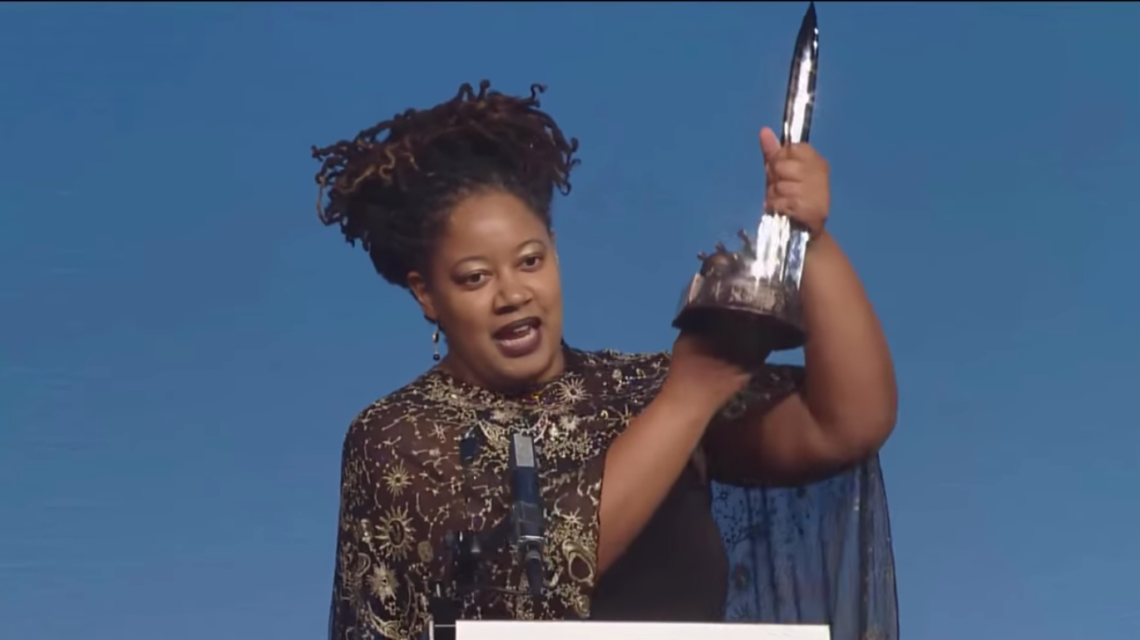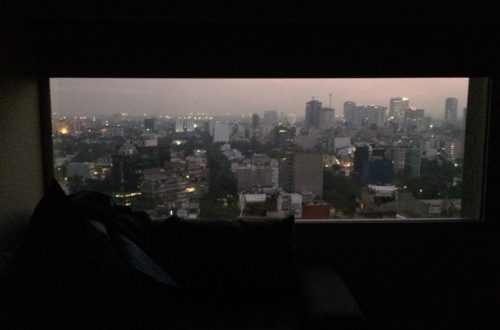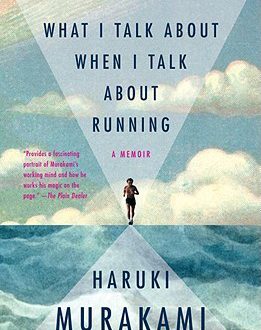“I look to science fiction and fantasy as the aspirational drive of the
In recent years, the more I think about politics, the more my belief has crystallized around the idea that I am against the powerful, and for the powerless. That the powerful always need to be resisted and pushed back against, and that one of the best ways to understand
Slowly through human history, the marginalized and disenfranchised are finding opportunities to raise their voices and tell their stories to wider and wider audiences. Marginalized groups are becoming visible and heard, and entering their version of events into the historic and cultural record. Jemisin as a black woman sits at a unique intersection to observe our culture and chooses to do it through richly written, complex and strange fantasy novels. I have always believed that the wide-open nature of sci-fi and fantasy has made it one of our most potent vehicles of political imagination and allegory. Jemisin raises the question in her speech of who will be allowed to use these powerful tools to imagine the future and to comment on
When we extrapolate forward and imagine what may happen, we start from where we stand. When we comment on society, we do so from our position within it. If the only voices which we lift up and amplify, or validate as part of the cultural record, are those of the children of the powerful, we blind ourselves to richer possibilities and imaginings. As someone joked on Twitter the other day “2018 was a long decade”, and boy





